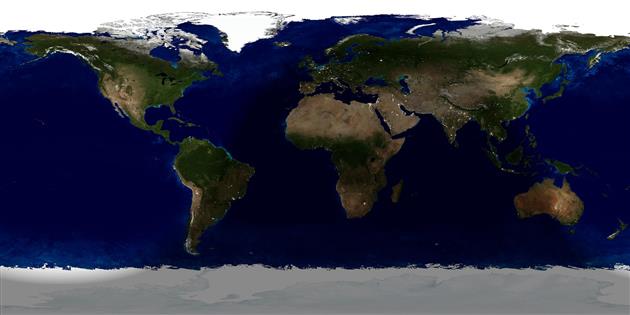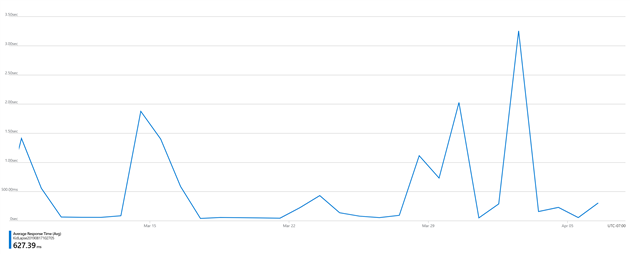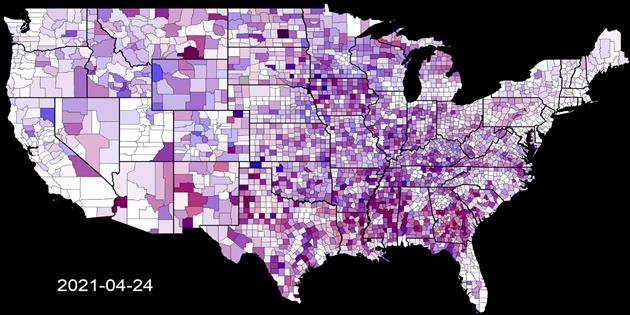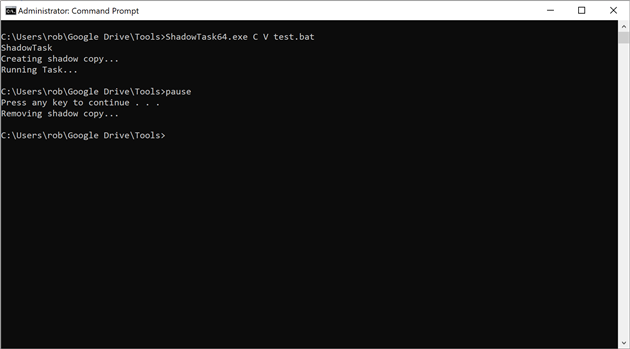
Oliver Burkeman in The Guardian: A growing chorus of scientists and philosophers argue that free will does not exist. Could they be right?
This is an interesting and profound question. Do we live in a block universe where every action we take is predetermined or are we actually capable of making choices. It certainly feels like choices are possible, but reality doesn't care about feelings and it could be the case that free will is an illusion. Unfortunately Burkeman repeatedly makes this mistake:
""For the free will sceptic," writes Gregg Caruso in his new book Just Deserts, a collection of dialogues with his fellow philosopher Daniel Dennett, "it is never fair to treat anyone as morally responsible." Were we to accept the full implications of that idea, the way we treat each other – and especially the way we treat criminals – might change beyond recognition."
The presence or absence of free will is presumably a global phenomenon. If the criminal has no choice then we also have no choice in how we treat criminals. It gets worse:
"Smilansky is an advocate of what he calls "illusionism", the idea that although free will as conventionally defined is unreal, it’s crucial people go on believing otherwise – from which it follows that an article like this one might be actively dangerous."
This might be a dangerous article, but not for this reason. If there is no free will then people are going to believe what they were always going to believe. The risky proposition that could actually lead to bad consequences is that people believe that there is no free will when there actually is. Even if we prove conclusively that reality is completely deterministic then nothing changes (that wasn't always going to change that way in the first place - see my (somewhat) tongue in cheek solution to the Fermi Paradox).
So what should we believe? I think it's important to consider that we don't understand enough biology and we don't understand enough physics.
On biology:
"And from the 1980s onwards, various specific neuroscientific findings have offered troubling clues that our so-called free choices might actually originate in our brains several milliseconds, or even much longer, before we’re first aware of even thinking of them."
These results are fascinating but have never troubled me. It actually takes the brain a little while to process all the data from our senses but we live in a physical reality that doesn't hang around waiting for this latency. So of course we need to respond quickly to events, often before we're aware of them. This leaves plenty of room for free will in how we train ourselves to respond. The brain simulates likely situations and how it should react to them. This could be an inevitable consequence of the big bang, or it could be that free will has a meaningful influence. I don't believe that we have enough evidence to say either way.
We don't even understand the biological basis for consciousness. It's called the hard problem for a reason. Consciousness is (presumably) expensive and it seems odd that evolution would have selected for it if it has no purpose. Of course in the block universe it's possible that this doesn't matter. It's a mistake that was always going to be made. It could be that we decode the algorithm and can run it on a computer and that if we start with the same conditions we always get the same results. Consciousness is classical and we can prove that it is deterministic. Or it could be that it hinges on quantum effects that mean we can't understand the biology without understanding the physics.
On physics:
""This sort of free will is ruled out, simply and decisively, by the laws of physics," says one of the most strident of the free will sceptics, the evolutionary biologist Jerry Coyne."
Maybe, but doesn't that depend on what the laws of physics actually are?
There are different interpretations of the physical basis of quantum mechanics. Is decoherence truly random? If so this might be a basis for free will. Run the same starting conditions twice and you get a different outcome. Or is the many worlds interpretation correct? In this case we potentially still live in a block universe, just an unimaginably larger one where every permutation of every decoherence event exists at the same time. Every possible version of you is out there, but each one is trapped in their own predetermined path through the multiverse.
I can't wait to see further progress in both areas. Until we know more the free will question seems impossible to answer. If we prove it's a fiction then nothing matters and nothing can be changed. Absent proof it's probably best to assume that free will exists and that this post was written because I chose to.







